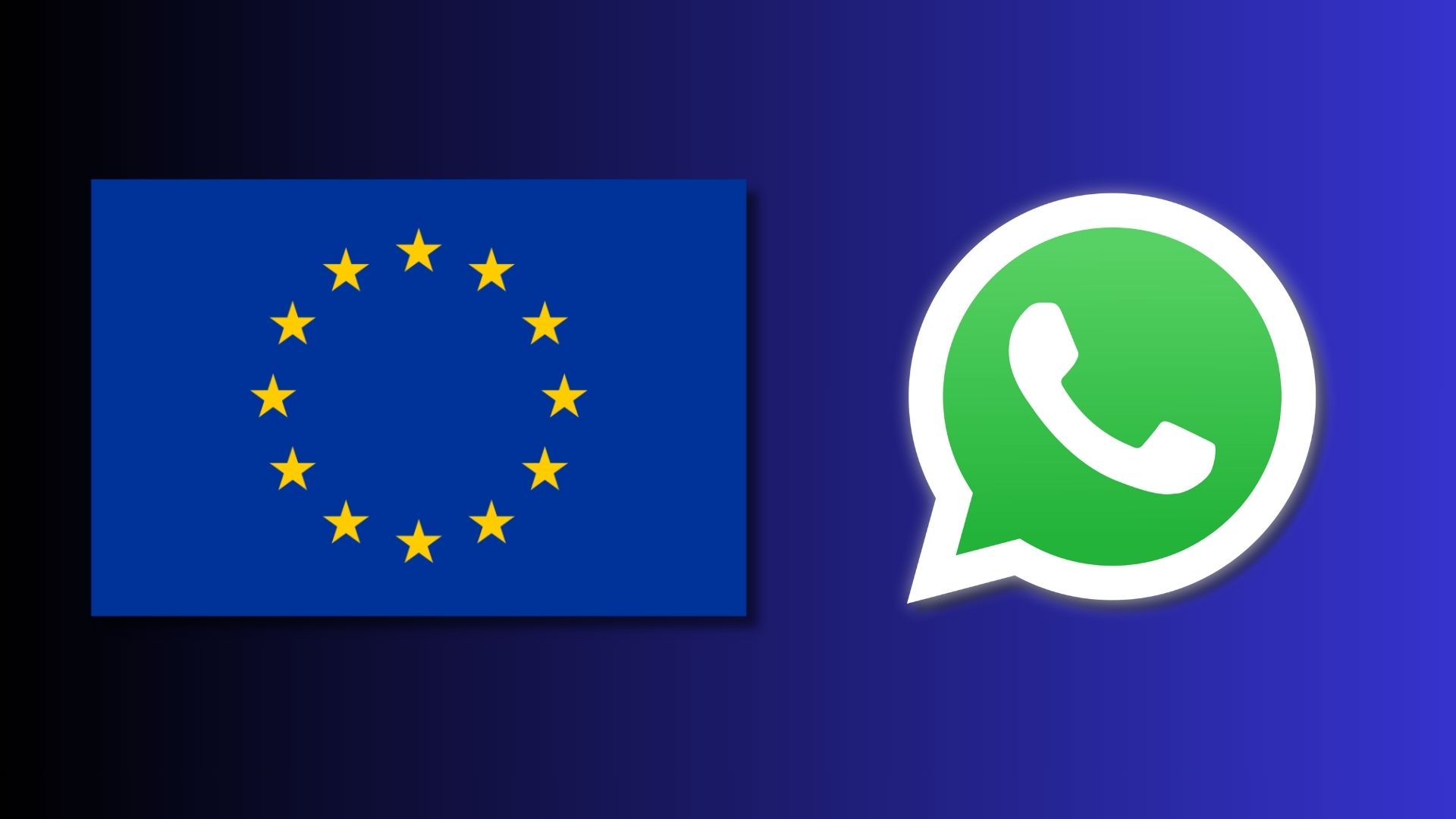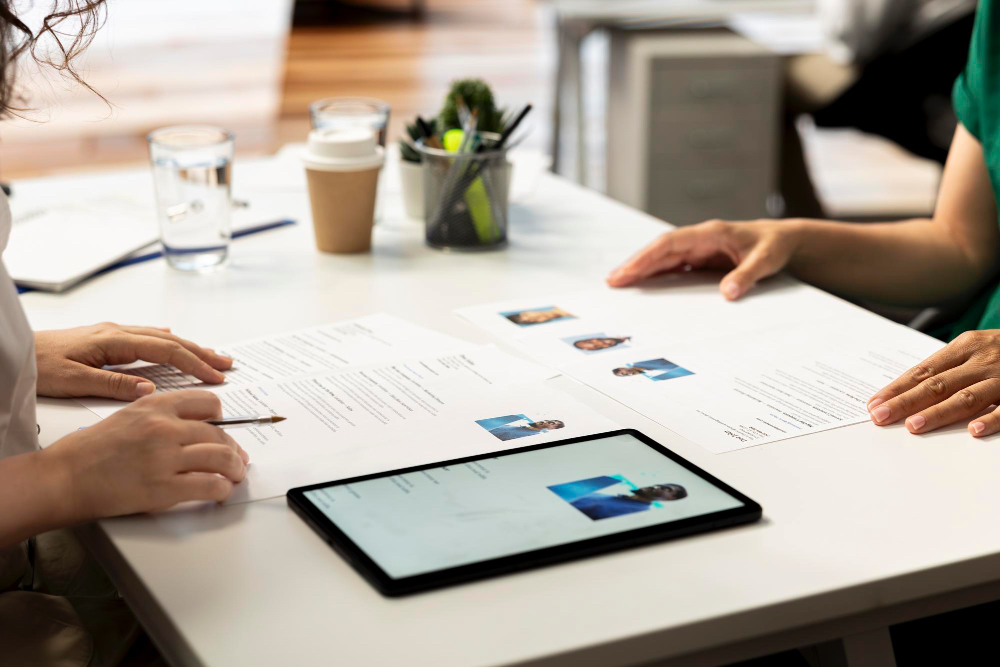Companies are reporting net job losses linked to AI adoption, with research showing a sharper impact than in other major economies. A Morgan Stanley survey found that firms using the technology for at least a year cut more roles than they created, particularly across the UK labour market.
The study covered sectors including retail, real estate, transport, healthcare equipment and automotive manufacturing, showing an average productivity increase of 11.5% among UK businesses. Comparable firms in the United States reported similar efficiency gains but continued to expand employment overall.
Researchers pointed to higher operating costs and tax pressures as factors amplifying the employment impact in Britain. Unemployment has reached a four-year high, while increases in the minimum wage and employer national insurance contributions have tightened hiring across industries.
Public concern over AI-driven displacement is also rising, with more than a quarter of UK workers fearing their roles could disappear within five years, according to recruitment firm Randstad. Younger workers expressed the highest anxiety, while older generations showed greater confidence in adapting.
Political leaders warn that unmanaged AI-driven change could disrupt labour markets. London mayor Sadiq Khan said the technology may cut many white-collar jobs, calling for action to create replacement roles.
Would you like to learn more about AI, tech, and digital diplomacy? If so, ask our Diplo chatbot!










